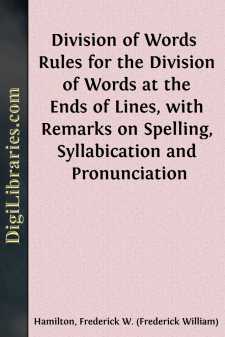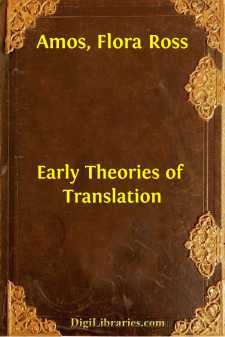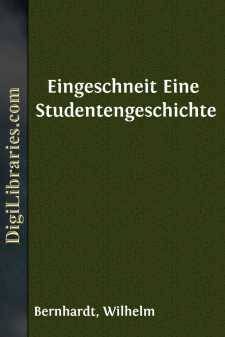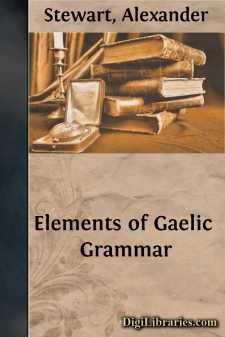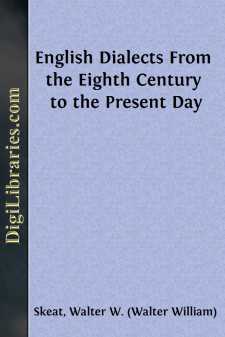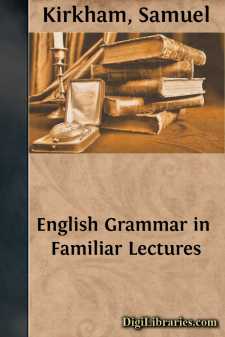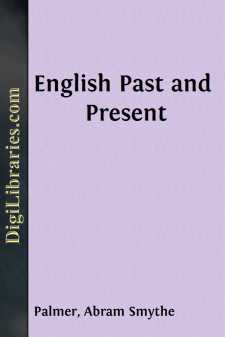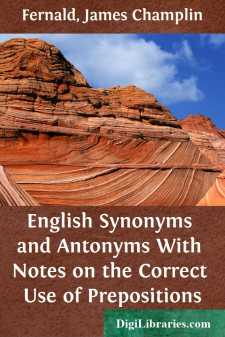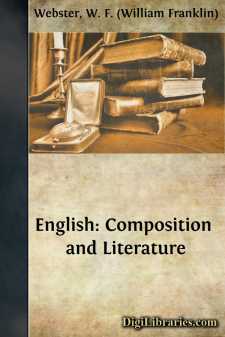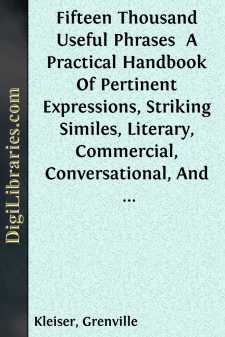Language Arts & Disciplines
Language Arts & Disciplines Books
Sort by:
SPELLING The idea that there is one right way to combine the letters representing a certain sound or group of sounds, that is a word, and that all other ways are wrong and little short of shameful is a comparatively new idea among us. The English speaking folk held down to a comparatively recent time that any group of letters which approximately represented the sound was amply sufficient as a symbol of...
more...
by:
Flora Ross Amos
PREFACE In the following pages I have attempted to trace certain developments in the theory of translation as it has been formulated by English writers. I have confined myself, of necessity, to such opinions as have been put into words, and avoided making use of deductions from practice other than a few obvious and generally accepted conclusions. The procedure involves, of course, the omission of some...
more...
INTRODUCTION The ranks of those illustrious men who a few decades ago, in war and peace, stood by the side of Emperor Wilhelm I.—of glorious memory—have gradually thinned. On the 9th of November, 1896, another of the few then surviving—Dr. Emil Frommel, Supreme Councillor of the Prussian Consistory, formerly chaplain to the Imperial Court and pastor of the “Garnisonkirche” in Berlin—closed...
more...
INTRODUCTION. The utility of a Grammar of the Scottish Gaelic will be variously appreciated. Some will be disposed to deride the vain endeavour to restore vigour to a decaying superannuated language. Those who reckon the extirpation of the Gaelic a necessary step toward that general extension of the English which they deem essential to the political interest of the Highlands, will condemn every project...
more...
CHAPTER I DIALECTS AND THEIR VALUE According to the New English Dictionary, the oldest sense, in English, of the word dialect was simply “a manner of speaking” or “phraseology,” in accordance with its derivation from the Greek dialectos, a discourse or way of speaking; from the verb dialegesthai, to discourse or converse. The modern meaning is somewhat more precise. In relation to a language...
more...
by:
Samuel Kirkham
LECTURE I TO THE YOUNG LEARNER. You are about to enter upon one of the most useful, and, when rightly pursued, one of the most interesting studies in the whole circle of science. If, however, you, like many a misguided youth, are under the impression that the study of grammar is dry and irksome, and a matter of little consequence, I trust I shall succeed in removing from your mind, all such false...
more...
ENGLISH A COMPOSITE LANGUAGE “A very slight acquaintance with the history of our own language will teach us that the speech of Chaucer’s age is not the speech of Skelton’s, that there is a great difference between the language under Elizabeth and that under Charles the First, between that under Charles the First and Charles the Second, between that under Charles the Second and Queen Anne; that...
more...
PREFACE. The English language is peculiarly rich in synonyms, as, with such a history, it could not fail to be. From the time of Julius Cæsar, Britons, Romans, Northmen, Saxons, Danes, and Normans fighting, fortifying, and settling upon the soil of England, with Scotch and Irish contending for mastery or existence across the mountain border and the Channel, and all fenced in together by the sea, could...
more...
PREFACE In July, 1898, I presented at the National Educational Association, convened in Washington, a Course of Study in English. At Los Angeles, in 1899, the Association indorsed the principles of this course, and made it the basis of the Course in English for High Schools. At the request of friends, I have prepared this short text-book, outlining the method of carrying forward the course, and...
more...
INTRODUCTION The most powerful and the most perfect expression of thought and feeling through the medium of oral language must be traced to the mastery of words. Nothing is better suited to lead speakers and readers of English into an easy control of this language than the command of the phrase that perfectly expresses the thought. Every speaker's aim is to be heard and understood. A clear, crisp...
more...


